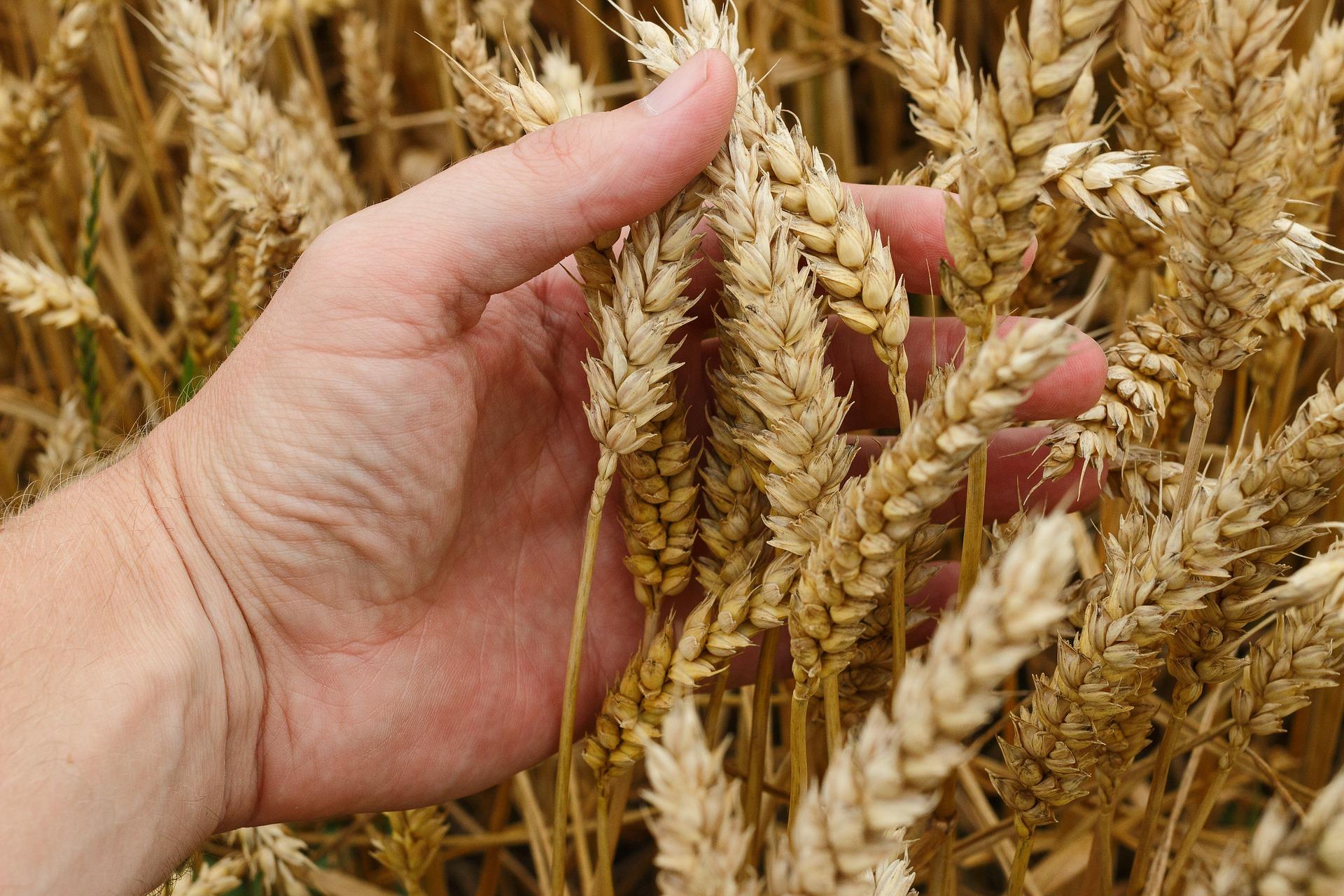Improving drought and salt tolerance of wheat

Examine wheat water use efficiency under saline conditions.
Losses in profit due to reductions of yield to salinity is estimated to be $1.3 billion annually, a loss of 18% in potential revenue. By 2050 the area of Australian agricultural land classified as saline is likely to triple and new data suggests that transient salinity may already affect up to 50% of South Australian farms.
Bread wheat is moderately salt tolerant, using exclusion of sodium (Na+) from the shoot as one of its mechanisms of tolerance. However wheat yields are still significantly reduced when grown on saline soils. Barley, is considered the most salt tolerant cereal crop, accumulating up to 10 times more shoot Na+ than bread wheat. If barley tolerance mechanisms can be introduced into bread wheat it should improve wheat yield in the Australian environment.
Our laboratory has identified a bread wheat accession with barley levels of salt tolerance. This wheat has altered Na+ transport into and out of the plant and can accumulate larger quantities of Na+ in its leaves when compared to conventional Australian wheat. Characterisation of the plants water use efficiency under saline and control conditions will enable us to determine which genotypes are best able to maintain water use under this stress.
It is envisioned that this project will help to determine what regions of the wheat genome are responsible to the water use efficiency of the plant. This information will be used for future fine mapping and crossing into elite Australian wheat cultivars for growers.
You will develop skills in:
- Set up of a large wheat experiment at The Plant Accelerator®
- Performing measurements using specialised equipment
- Data collection and collation
- Bioinformatics analysis to identify candidate genes in wheat
- Genotyping and phenotyping of wheat accessions
- Quantitative trait loci analysis
Key References:
Roy et al. 2014 Current Opinion in Biotechnology 26: 115-124
Zhu et al., 2016 Journal Experimental Botany 67: 835-844.

Supervisor
Co supervisors: Professor Matthew Gilliham | Dr Stuart Roy
Research area: Plant biology and biochemistry
Recommended honours enrolment: Honours in Plant Science
